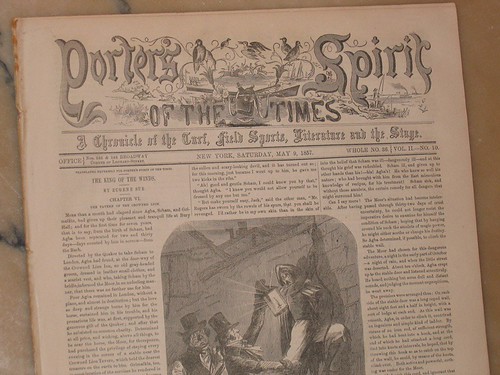Will points to this Seattle PI piece on a "social learning network" written and deployed by the Seattle Public Schools called L3rn.
A few points:
- I've argued from the beginning that this kind of web application, hosted and administered by school districts or regionally, is a good idea. We don't literally want or need schools to use flickr, we need for them to have their own tools which work just as well as flickr. An urban school district is full of interesting happenings; even completely dysfunctional wrecked systems have isolated points of brilliance. There is no reason to think a well designed site that truly captured the goings on in a city school district, particularly over a period of years, wouldn't be compelling. This is a minority position, I think because people don't believe schools will ever have good software at their disposal, or even if they do, that they will never use it. I'm not sure how you can be an educational technology advocate and hold either of those two ideas, but many people seem to manage it.
- If we want to expand the reach of the "Edubloggercon" circle, we should start by reaching out to people who are doing projects like this. This is the distinction I was trying to point out in my earlier post about NECC; that at least in the open source in education community we're getting some connections between the grassroots bloggers and the state and corporate players who are, in some cases, managing major open source projects. This has taken years of work, however. We need to get the folks who are implementing significant initiatives using social software in education into "the conversation." That we're finding out about this project in the newspaper is absurd on several levels.
- Why, for the love of God, is this not an open source project?





